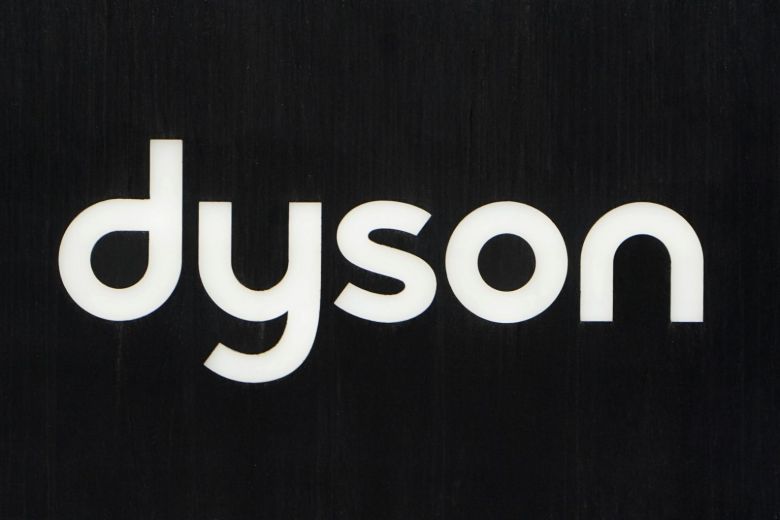Dyson seeking degree-giving powers; Singapore could be first campus venue outside UK
Sign up now: Get ST's newsletters delivered to your inbox

Dyson said in January that it will move its corporate headquarters to Singapore, following an earlier announcement last October that it will build its electric car here.
PHOTO: REUTERS
SINGAPORE - Singapore is in the running to house tech giant Dyson's first education campus outside of Britain, chief executive Jim Rowan said on Tuesday (July 9).
Mr Rowan said the firm has applied in Britain for degree-giving powers. "I'm hopeful that we will get that quite soon, and once we (do) we will be one of the six private universities in the UK."
"Singapore will be a consideration. We haven't made a decision on where (to set up yet)."
Dyson said in January that it will move its corporate headquarters to Singapore, following an earlier announcement last October that it will build its electric car here. The first vehicle is set to hit the road in 2021.
Dyson founder James Dyson said in 2016 that he will commit £15 million to set up an institute of technology on the company's campus in Wiltshire, where undergraduates can work towards an engineering degree from Warwick University.
Students do not need to pay any fees; they will be given a salary to work with Dyson engineers in a move to grow engineering skills in Britain, he added then.
The four-year programme started in 2017 with a cohort of 33 students, Warwick University said, noting that more than 850 people had applied.
Mr Rowan, who was speaking at the launch of Dyson Demo Store - Beauty Lab at Funan, said: "We hope that they will stay with us (after they graduate), but... some of these young engineers will have a great idea and they want to start their own business.
"That's fine, as long as they use the skills they learnt in Dyson in some way to better the world, better humanity."
He noted that the graduates will not need to pay back a bond.
Mr Rowan said "the competition (for talent) in Singapore is not any tougher than, say, in the UK".
"Hiring (for) the skills that we need is tight everywhere," he added, pointing out that engineers and scientists make up about half of Dyson's headcount.
"We've added so much software to our products, and so much intelligence. That's the skill set that we need."
Digital marketing is another skill Dyson needs.
Mr Rowan said: "As high-street retail declines and digital retail increases, how we reach those customers (through gateways like WeChat) had been skills that we had to develop."
Mr Rowan said Dyson has been hiring high-quality graduates in Singapore that it can quickly train. The company has about 1,100 employees here, with plans to expand its Singapore-based engineering team by 50 per cent and to double its size at the Singapore Technology Centre at the Singapore Science Park.
The new centre will reportedly create an additional 190 jobs over the next five years.
Mr Rowan said the privately-owned home appliance manufacturer has no plans to be listed. "One of the real benefits of Dyson is that it is a private company, and it is owned entirely by the Dyson family."
"There's no annoying stand-off (with) shareholders."
"It's much more about the longevity of the business. We don't really care what Wall Street thinks... (I don't think) Wall Street really cares about us either, to be honest, so that's fine."
Mr Rowan reiterated that Dyson's move to Singapore is part of its strategy to be closer to most of its customers and its manufacturing operations, repeatedly refuting earlier reports that it had moved because of tax reasons.
The Financial Times reported in January that Dyson may have the luxury of not paying corporate tax in Singapore following a combination of incentive schemes.
Corporate tax here is 17 per cent, a level Britain will match from 2020, down from 19 per cent now.
But Mr Rowan called the tax factor "negligible"in the company's decision to move. "A lot of (Dyson's) growth is coming out of Asia," he said. "The gravitational pull is towards Asia."
Asia generates more than half of Dyson's £1.1 billion profit, as measured by earnings before interest, depreciation and amortisation, in the last financial year, an increase of about 30 per cent on the previous 12 months, the Financial Times reported.


